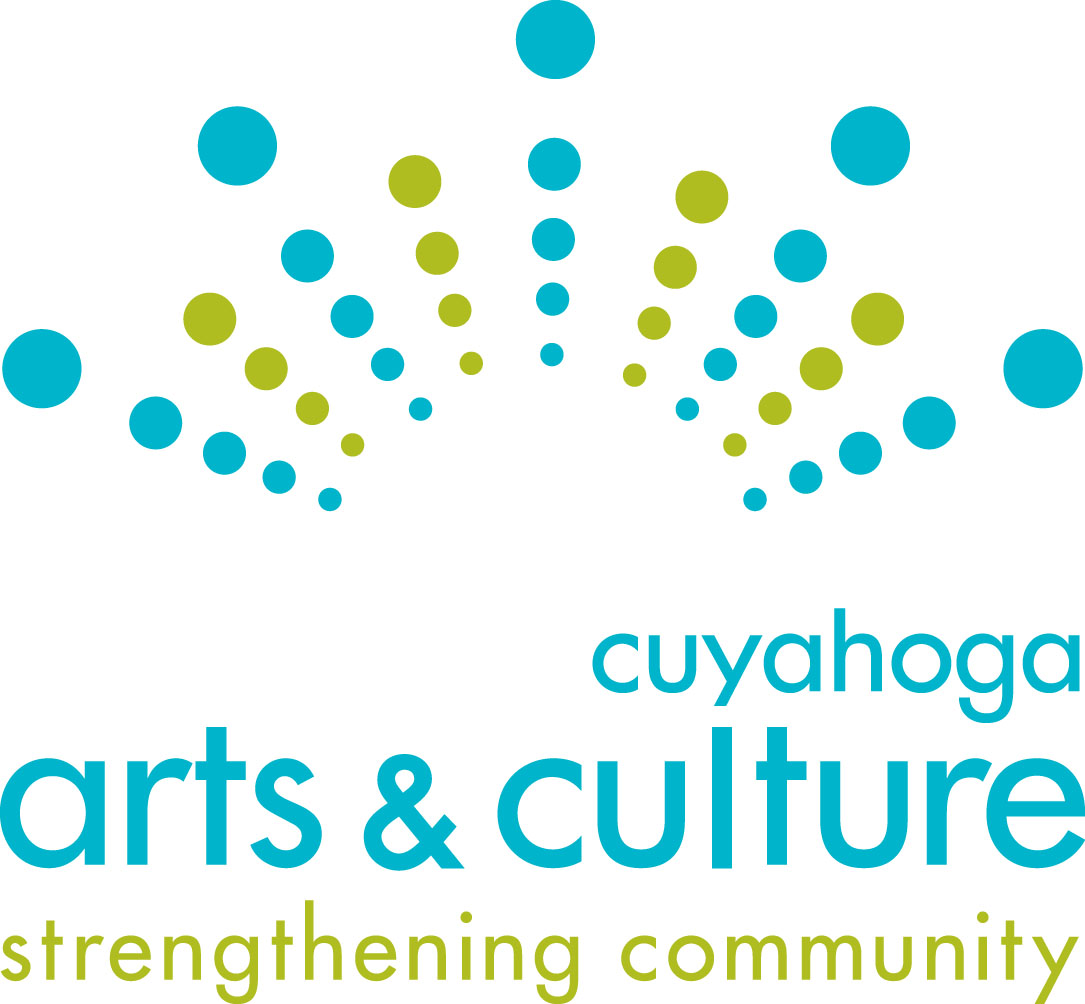Molly's Desk: Writing is Seeing
/By: Molly McFadden
Tyler has encouraged those of us who participate in the StageWrights group to see as many plays as we can. I have tried to live up to the task at hand and quite frankly have loved every minute of it. I saw American Dreamer’s at the Cleveland Public Theatre, Angels in America at Ensemble, and most recently, Jelly Belly at Ensemble Theatre.
All three of these productions were powerful. They were stunning in production value, acting and ensemble work. How did they impact me as someone who wants to write? Well ... I have so far to go but to keep trying and stay the course with my commitment to my writing. Which is what exactly? To tell my story as they told theirs.
Theatergoing is a crucial element in any playwright’s work. How else will you know what works and what doesn’t onstage, what other writers are thinking about, how audiences are responding?
Write about what inspires the singular person you are.
What makes me want to put pen to paper? I continually ask myself, “What is my purpose? What am I committed to giving to the world? What service do I want to provide with my talent—whether that’s as an actor or writer—that comes from something that is essentially me but is also greater than me?”
Passion.
With the recent productions I recently saw, all of the playwrights did in fact have an investment in their plays as well as a passionate voice writing about what they know.
Most recently, Jelly Belly we see a powerful story of a convict returning from a brief prison stay to resume his position as the neighborhood kingpin. The front porch in Jelly Belly makes a ripe neutral ground for the confrontation in Charles Smith's naturalistic morality play. Halfway between the cold street and a warm home, the set offers an apt battleground for a test of wills that becomes a struggle between evil and good. The Chicago Defender wrote “Employing gritty poetry of the streets, Smith introduces us to Jelly Belly, who attempts to regain the service of Kenny, a former drug runner who has gone straight. Kenny is torn between the hope of prosperity through hard work shared with his friend Mike, or the opportunistic life of a drug pusher Jelly Belly offers.”
With American Dreamer’s at the Cleveland Public Theatre, you participate in the passion of this young female playwright, Leila Buck. She has been quoted with her experiences, “I’ve been in war zones, I’ve been under Israeli bombs, under ISIL bombs, under Iranian bombs. So, I know there are reasons we have security and borders and questions about who we let in. And I also know there are real issues and problems with the assumptions and questions that go into how we decide who gets let in. And those conversations are more complex than they often appear in the media, and even in some of our own living rooms.”
With American Dreamers you are invited into the live studio audience of “American Dreams,” where you will decide which of three contestants will receive the ultimate prize: citizenship in “the greatest nation on earth.” Weaving playful audience engagement with up-to-the-moment questions about immigration and more, this participatory performance explores how we navigate between fear, security, and freedom; who and what we choose to believe—and how those choices come to shape who we are.
Finally with Angels in America at Ensemble, “Any debate about what this play means or does not mean for Broadway seems, in the face of the work itself, completely beside the point. Angels in America speaks so powerfully because something far larger and more urgent than the future of the theater is at stake. It really is history that Mr. Kushner intends to crack open.”
—Frank Rich, the New York Times, May 5, 1993
Tony Kushner wanted it to be about gay men, the AIDS crisis, and Mormonism … and he knew there was an angel in it. He was also choosing to write about what was then the very recent past. AIDS was so horrible, it was so horrible, it was a lethal diagnosis. You went from lesions to death and people were afraid to sit on toilet seats, and people with AIDS were so vilified.
In a word, what were these plays about?
Jelly Belly - battleground for a test of wills that becomes a struggle between evil and good.
American Dreamer’s - exploring how we navigate between fear, security, and freedom; who and what we choose to believe—and how those choices come to shape who we are.
Angels in America - why is democracy succeeding in America ... or is it?
When I feel I have gotten off course I go back to my artistic statement I composed for this play and evaluate if I am holding true to the statement and commitment through the writing and rewriting of Fish Feel Pain.
Artistic Statement
I want to create art wherein the ultimate goal is to help people feel more empathy, and therefore to feel less alone. As quoted by Roger Ebert on his perspective about film.
Fish Feel Pain is about our society and my personal interpretation of that society and it is worth talking about, it is worth putting in the effort to make better, it is worth my blood, my sweat, my tears, and my soul. I want us all to feel less alone.
This play is about coming to terms with the transitions in life and the American Dream. My goal is to create a play that sits inside the contradictions and paradoxes of life beyond the issues of our time, that wrestles with the fear of death, alienation, loneliness and spirituality – to meditate on these parts of life, and to hopefully, if successful, get closer to sharing The Truth that each of us already knows, and in so doing, become more connected to each other.
I believe this piece draws amazing parallels to the current problems facing older Americans and millennials as the baby boomers get older and more dependent on their children. I also believe this piece addresses the struggles of the artists who are to be produced and hopefully survive in this current culture. With the demise of the middle class, the majority have become the new impoverished minority, regardless of race, creed or color.
As a white woman who recently turned 65, I have had real life, cross-cultural experiences that I wish to share with the writing of this play. I believe theater is the only place where anyone can experience the visceral, gut level wrenching of being an individual in the family unit. It is the only place where we can learn to be more generous and more tolerant, and happier and enriched – not by observing other cultures, but by experiencing ourselves in those changes and transformations.
Writing classes, such as the wonderful StageWrights at Ensemble, are a great way to find and grow our artistic community, and even experienced playwrights keep their skills honed by workshopping new ideas in group settings.
Things to consider ...
• Ask yourself what your story is. You could try summarizing it in a sentence or two and sticking it by your desk, so you can keep it in mind.
• Get into the habit of writing. If you're short on time, try writing little but often.
• Overwrite, then cut. (Don't reveal in the first scene that Oedipus is sleeping with his mother.)
• Women tend to write subconsciously, men tend to plan more. Do whatever works for you.
• Give your main character obstacles to overcome. He/she should have changed by the end of the play, if only fractionally.
• What are your characters' wants and objectives? These might change from scene to scene.
• Make your characters extraordinary or larger than life in some way.
• Think about the subtext of your dialogue and remember that people often don't say what they want to say - or say the opposite of what they think.
• You might find it useful to "hot seat" your characters. Assume the identity of one of your characters and get someone to ask you questions about yourself.








